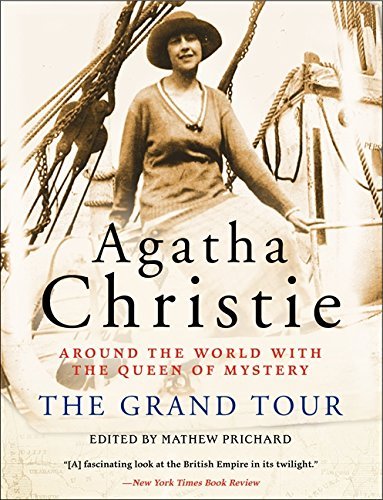Andy Borowitz from the New Yorker Magazine posted a few days ago something like “It has been hilarious, but can we have a real President now?” That is how I’m feeling these days as I’m bombarded with constant misspeaking, mismanagement, and simply ignorance. Some days I wonder if anyone in the administration ever learned any history, geography or simple arithmetic. As a defensive measure for my own psyche, I am mostly using social media to catch up on personal things posted by friends and have drastically cut the political stuff I post on Facebook and Twitter. My sanity demands more selectivity.
Charles Blow, in an April 17 New York Times column, expressed much better how I feel.
His failures so far, I suppose, should bring resisters like me some modicum of joy, but I must confess that they don’t. Or, more precisely, if they do, that joy is outweighed by the rolling litany of daily horrors that Trump has inflicted.
The horrors are both consuming and exhausting. For me at this point they center on an erosion of equality. This by no means downplays Trump’s incessant lying, the outrage of his draining the Treasury for his personal junkets, or his disturbing turn toward war. But somewhat below the radar, or at least with less fanfare, our access, inclusion and justice are being assailed by a man who lied on the campaign trail promising to promote them.
And the very sad thing is that even with his approval rating hovering around 40%, his core still supports him despite the knowledge that his actions hurt them the most.
I’ve been reading a lot to escape and have found some very interesting books to recommend. Rudolf Fisher was the first African-American to write a mystery. His book, “The Conjure-Man Dies”, is set in a 1930s Harlem. Fisher (1897-1934) was a doctor, music arranger, and writer, which explains his interest in using science to solve the crime. Everyone in the book is black: The police detective, the medical examiner, the victim, and all of the suspects. “Conjure-Man” has just been reprinted and reissued. In some ways, “Conjure-Man” is clearly a first mystery. I’ve found that in many first mysteries the plotting is more complicated than needed, but the glimpse of life in Harlem is well worth the effort of getting though the twists and turns.
 “Ordinary Grace” is a total opposite. Set in the summer of 1961 in rural Minnesota, it is narrated by a now middle-aged man recalling the summer. I think this is considered to be a mystery as it won an Edgar Award for William Kent Kruger, but I thought it was just a wonderfully written novel. I read this for my book group, Malice on Main, and I was not the only one who reported crying through much of it. “Ordinary Grace is an extraordinary book.
“Ordinary Grace” is a total opposite. Set in the summer of 1961 in rural Minnesota, it is narrated by a now middle-aged man recalling the summer. I think this is considered to be a mystery as it won an Edgar Award for William Kent Kruger, but I thought it was just a wonderfully written novel. I read this for my book group, Malice on Main, and I was not the only one who reported crying through much of it. “Ordinary Grace is an extraordinary book.
My final recommendation is “Writing to Save a Life” by John Edgar Wideman. I’m not sure how to characterize this book which tells the story of Louis, Emmett, and Mamie Till. The New York Times Book Review and the National Book Awards call it non fiction, but some of the almost stream of conscious speculation about Louis Till seemed to be excellent fiction writing. Louis Till, Emmett’s father, was executed during World War II in Italy for the rape and murder of a young local woman. I have to say I still am not sure how I feel about this book, but it is fascinating reading.
Reading, baseball, and gardening this summer will save my sanity – I hope.






